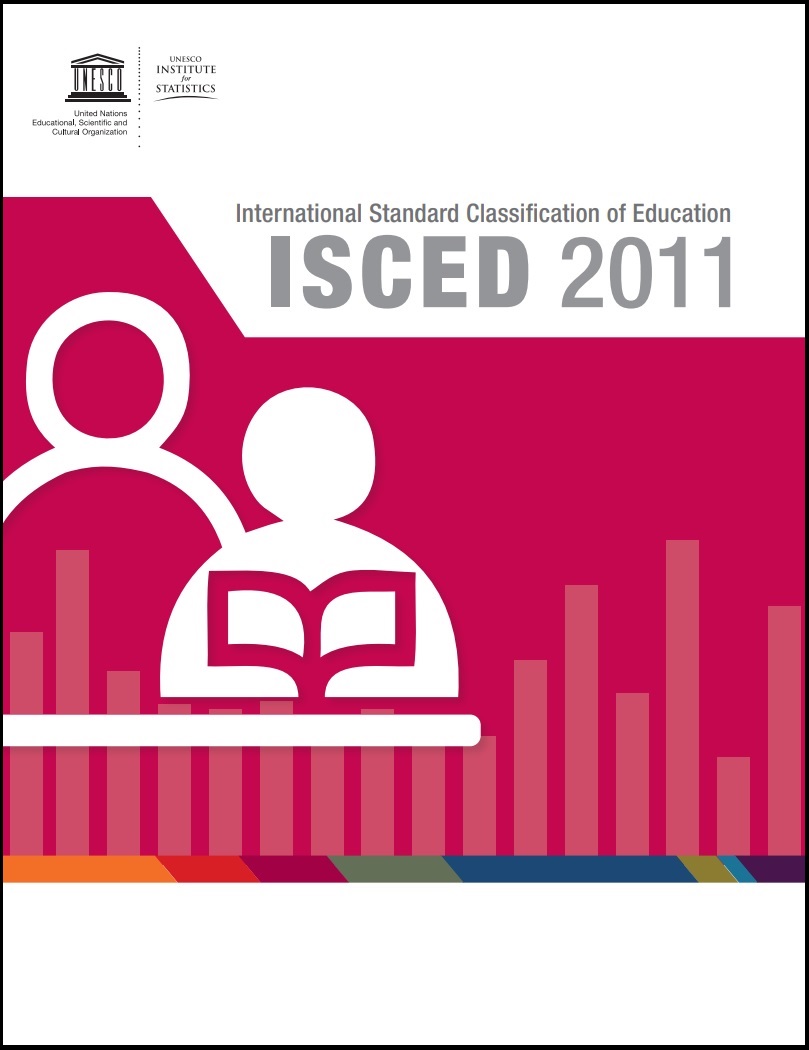“I am not an Athenian or a Greek,
but a citizen of the world.”
— (Plato quoting Socrates, Phaedo 64a)
ISCED 2011 is an updated version of the previous classification, ISCED 1997, and provides a framework for organizing education programs according to their level of complexity and content. The classification is designed to facilitate the comparison of education systems across countries and regions, and to improve the collection, reporting, and analysis of education statistics.
ISCED 2011 introduces several changes and updates, such as the introduction of a new level of education called “early childhood education,” the expansion of the tertiary education level to include short-cycle tertiary education, and the inclusion of a separate category for vocational education at the secondary level. The classification also includes detailed descriptions of the content and characteristics of each education level, as well as guidelines for classifying educational programs that do not fit neatly into the existing categories.
ISCED 2011 is widely used by national and international organizations, including UNESCO, to collect and report education data, and it provides a common language for discussing education across borders.











